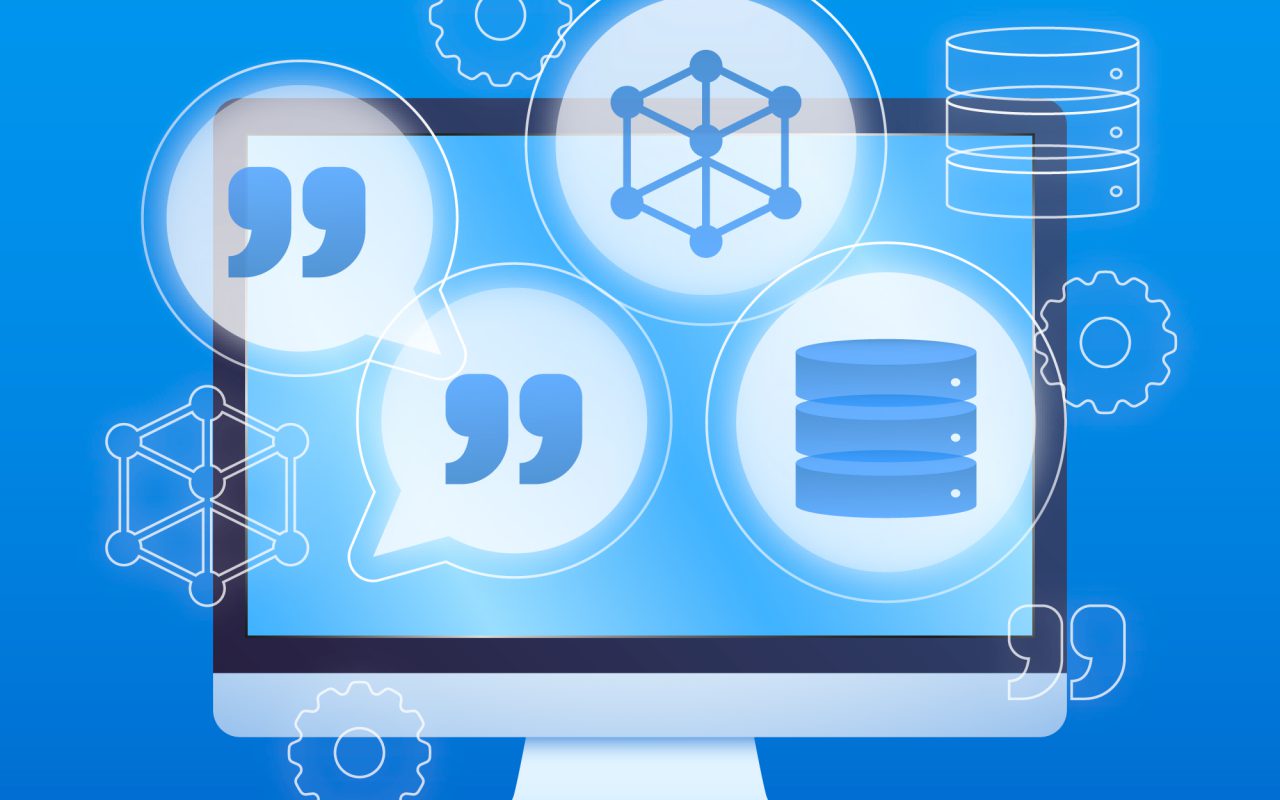Over the last decade a number of free / open source database environments such as PostgreSQL and MySQL have emerged to challenge the traditional players like Microsoft SQL Server and Oracle. Like PostgreSQL and MySQL, SQLite has found favour with lone developers using limited data sets or developing lightweight applications. Even users of SQL Server Express Edition have moved to SQLite, where compatibility with the full edition of SQL Server isn’t a significant requirement.
Changing an Assumptions Table at Runtime
Since my series of articles last year on running Mo.net projections from within a Python script, I’ve had a couple of requests from clients who are keen to change the assumptions tables used by the projection at runtime. This short article explains how to do this, building upon the original scripts from last year.
Documenting Spreadsheets with Mo.net Model Adapter
In the life insurance industry, financial models—often built in complex spreadsheets—play a critical role in pricing, reserving, capital management, and strategic decision-making. These models are sophisticated, calculation-heavy, and require rigorous assumptions and projections over long time horizons. However, the very complexity that makes these spreadsheets powerful also makes them difficult to maintain, understand, audit, or transfer between teams—especially in the absence of proper documentation.
Collaborative Model Development with Mo.net
It is not uncommon for multiple model developers to want to work on the same project. Changes made by each developer need to be added in to a central codebase to ensure there is always one source of the truth. Another common requirement is to be able to carry out code reviews, to check how one version of a model differs from the previous version, or to peer review an individual’s model developments.
Automation Testing at SAL
As the SAL platform continues to mature and grow and exciting new features are brought to market, ensuring that current functionality continues to work as intended becomes more important with every release. Manual testing continues to serve us very well here at SAL but a good testing practice requires a blend of automation and hands-on checks. We’ve been using an in-house bespoke automation tool to regression test our core product Mo.net Model Development Studio but have been in the market for a more comprehensive solution that offers reporting and ease of use for test development across the entire SAL suite of products.
Using a Web Data Source with Mo.net 7.7
Back in January, I outlined an approach for sourcing model assumptions at run time using a web data source. This approach used some custom code and a third party DLL to connect to the data source endpoint and digest the response. Following the release of Mo.net 7.7 this has just become much more straightforward.
Mo.net Quotations Service Enhanced Security Features
Mo.net Quotations Service can be integrated to work with Quotation portals, Policy Admin Systems, Underwriting systems and a variety of other systems in use across the insurance enterprise. Until recently, clients using Mo.net Quotations service have typically hosted it on premise for internal use and therefore required limited security features. However, with the increased mobilisation of activities to the cloud, security has come under much more scrutiny.
Unlocking Efficiency: Benefits of the Origo Messaging Standard
In the rapidly evolving landscape of the insurance industry, efficient and secure communication between stakeholders is more critical than ever. The Origo Messaging Standard has emerged as a powerful solution to streamline these interactions, particularly for insurance contracts.
Delivering Pensions Dashboards with Mo.net
This blog article introduces our latest paper, which presents a Mo.net powered solution that offers a streamlined approach for pension providers to align with the dashboard’s requirements.
Is Everything Under Control Yet? A Renewed Focus on Assumption Management
Despite the importance of assumption management, many organisations still struggle to find a robust yet flexible solution to the problem and lack an effective assumption management framework.









